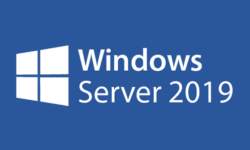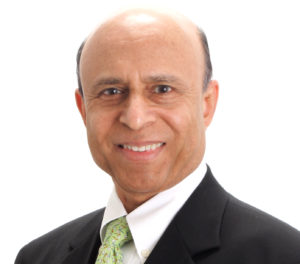Microsoft unveils a board-level certification called Microsoft Certified Architect Program (MCAP)

Microsoft has announced its first brand-new certification in years, one aimed at high-level IT pros with significant experience in architecting solutions that involve Microsoft (and non-Microsoft) products. At 101communications’ TechMentor conference in Orlando, Al Valvano, Lead Product Manager with Microsoft Learning, unveiled the Microsoft Certified Architect Program (MCAP), a board-level certification on a scale the company has never attempted before.
Some highlights from Valvano’s keynote:
1. The MCAP will consist of prerequisite training and experience, and the skills domain that candidates will face throughout the process will be broad, including such objectives as project management, decisionmaking and oral and verbal communication. Valvano said it’s too early to give any definition to those requirements, and wouldn’t say whether any of the current exams or training in the MCP program would be applicable to the MCAP.
2. Candidates will be assigned a mentor to help foster success through the program’s rigorous certification process. Valvano said that mentors will come from Microsoft as well as externally chosen sources.
3. Candidates, with the help of the mentor, would apply for entrance registration into the architecture candidate process, which consists of a written submission and board examinations. Valvano said that details on what the written submission process and who would be on the peer-review board were still in development. Valvano compared the process to attaining a Ph.D, where a candidate has to defend a thesis.
4. Valvano stressed that only about a quarter of the emphasis of a candidate’s knowledge will be on Microsoft-related architecture technologies; the rest will relate to general architecture principles and best practices that aren’t Microsoft specific. A candidate for the MCAP will have to have a broad-based knowledge that extends well beyond the narrow bounds of Windows.
5. Finally, Valvano estimated that completion of the program could take from six to 12 months and would not come cheap. Valvano says that the program is designed to pay for itself; nonetheless, he says that “it will take a substantial commitment in time and money” for both the candidate and the board to come together for all the meetings and tests for completing each step.


